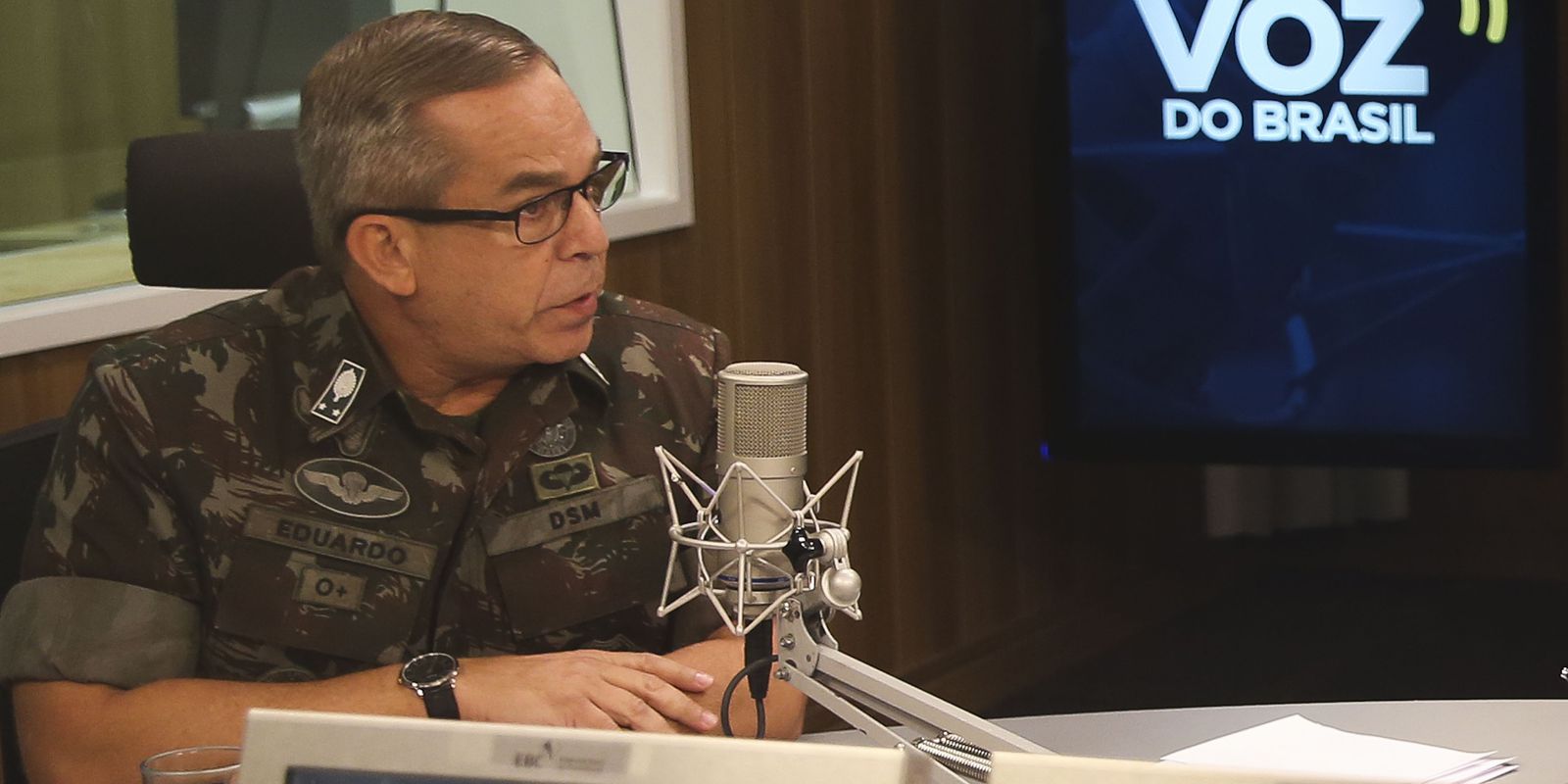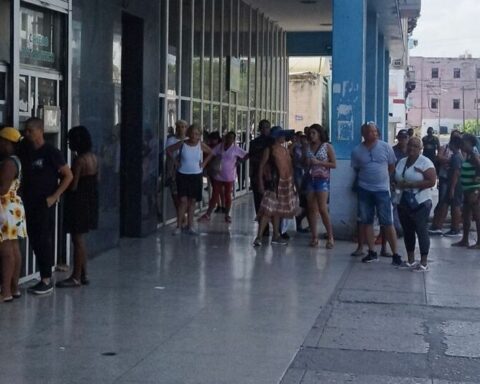The CNE has $109,344,845 to organize the 2023 sectional elections. Ten million more than in the 2019 election. There are questions about the preparation of the budget.
The plenary of National Electoral Council approved these values Thursday night March 2, 2022, in virtual session with three votes in favor and two against. The Institution’s Vice President, Enrique Pita, accused it of being a document with inconsistencies and denounced that there are no tariffs or proformas that support the values for the CNE’s communication campaigns.
Pita supported the negative of his vote in that, “the budget does not adjust to a technical criterion and does not respond to the economic reality of the country.”
The member Elena Nájera also voted against the report. She said that there are errors such as subdividing the $1.8 million destined for the debates obligations of the candidates, in small contracts, despite the fact that the Organic Law of Public Procurement prohibits it. He publicly called on the Comptroller to pay attention to what is being done at the CNE.
Nájera added that the more than $5 million earmarked for the creation, production and dissemination in the media of the names, profiles and work plans of the CPCCS council candidates is exorbitant. The member said that she should not exceed $800,000, because each candidate would have $18,823 for promotion, and that the production could be done by the institution’s own staff at no additional cost.
Diana Atamaint clarified that these values ”are not written in stone”, after voting in the affirmative.
For her part, Pita also complained about the lack of response from the CNE’s Communication Department, when requesting the documentation that supports the values related to this area. “I envy the person in charge of the communication area who has a magician’s hat,” said Pita, referring to the fact that there is a projection of 89 candidates for the Citizen Participation Council, when the call for registrations has not yet been made.
Justifications for electoral increase
Diana Atamaint, in conversation with LA HORA, assured that the $10 million increase in the electoral budget is due to the fact that there are events that did not take place in the previous election, such as “increase in voters, biosecurity kits due to pandemic, mandatory debates and the telematic vote”.
$346 thousand are earmarked for security kits. Mandatory debates will cost $841,000. People who live abroad will vote electronically, that is, through a web page and this implementation has a budget of $871,000.
The president of the CNE said that today they will send the budget for approval by the Ministry of Finance. “We are 11 months away from the elections and time is running out, so it is urgent to follow the processes according to the calendar,” said Atamaint.
Other reviews
Alfredo Espinoza, political analyst and expert on electoral issues, has several questions about the 2023 electoral budget.
He believes that it is not a technical budget but a speculative one because it is not known where the items come from. “There are no proformas or tariffs, it is not known which companies and which offers they took into account to put those values,” says Espinoza.
In the consolidated electoral budget that was approved, more than $91 million are justified in the payment of the personnel that must be hired and the activities to be carried out in the 2023 elections.
Espinoza believes that there could be an alleged duplicity of functions due to the fact that there are unnecessary contracts, such as the “news monitoring of the main media outlets on a national scale” which, he says, could be done by the almost 60 people who work in the National Electoral Council and which, Espinoza assures ―They are part of the functions that they do all year round. Or, that the same graphic designers who are on the ground, make the designs for the promotion of the vote.
The CNE has journalists and cameramen. At least 2 communicators per province, according to Espinoza. An article on the Plan V digital portal explains that there are almost 500 officials in the CNE who could, for Espinoza, do various of the tasks that they want to give to external contractors. “They are useless expenses.”
“Every penny costs the State, which will surely open another gap to meet these expenses,” says Espinoza, who believes that the budget could be more efficient and cost us Ecuadorians less.
The printouts of the ballots
Alfredo Espinoza believes that the possibility should be opened for printing to be done through public tenders to private companies and eliminate the monopoly with the Military Geographic Institute “job sources would be opened and the process could become more efficient” He concludes.
The budget does not contemplate a purge of the electoral registry
The CNE does not have a registry of political affiliations. To find out if citizens are affiliated with any group, they must personally approach the provincial electoral delegations and ask for the “non-apolitical” certificate.
The president of the CNE accepts that it is a debt she owes to Ecuadorians and announced that they are starting a project to create a page that can be accessed to verify this information.
There are no dates yet and the project would be implemented with the Institution’s annual budget “it is a personal desire to achieve that space for affiliation consultations,” said Atamaint.
$2.712 millones de están asignado para especialistas electorales








